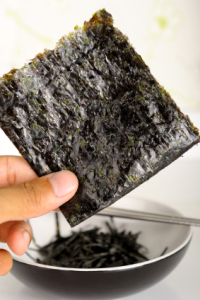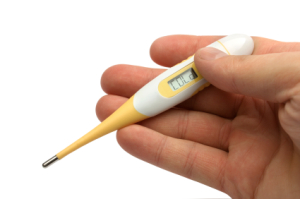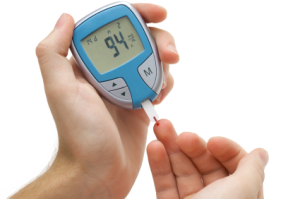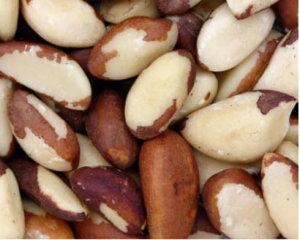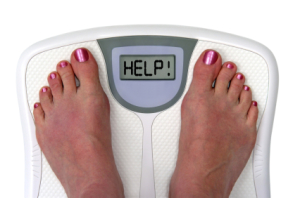Menopause and Your Thyroid
 If you’re going through menopause and having a hard time of it, you might have more going on. Research shows that about one in 12 women age 50 or older have inadequate thyroid function. That combination–low estrogen and low thyroid hormones–can make symptoms like hot flashes, insomnia, fatigue, brain fog, mood swings, dry skin and thinning hair–all worse. It can turn what might otherwise be a tolerable time of life into menopause-from-hell.
If you’re going through menopause and having a hard time of it, you might have more going on. Research shows that about one in 12 women age 50 or older have inadequate thyroid function. That combination–low estrogen and low thyroid hormones–can make symptoms like hot flashes, insomnia, fatigue, brain fog, mood swings, dry skin and thinning hair–all worse. It can turn what might otherwise be a tolerable time of life into menopause-from-hell.
Getting a blood test to see if your Thyroid Stimulating Hormone (TSH) is high is important. It


